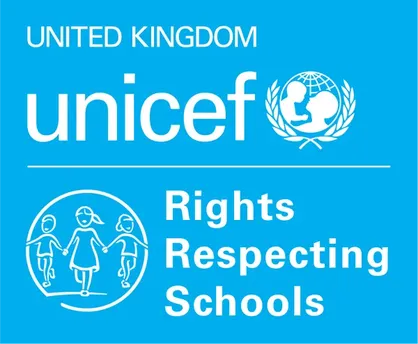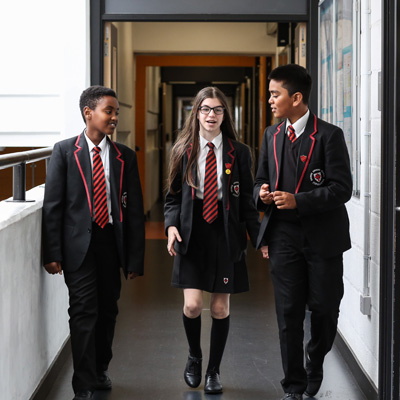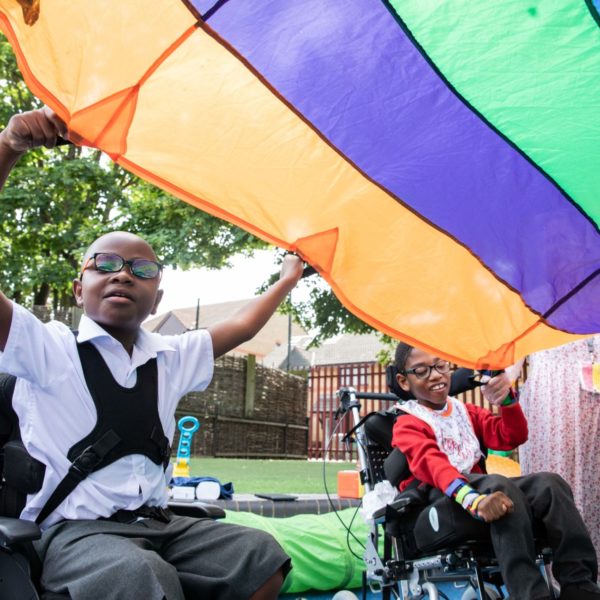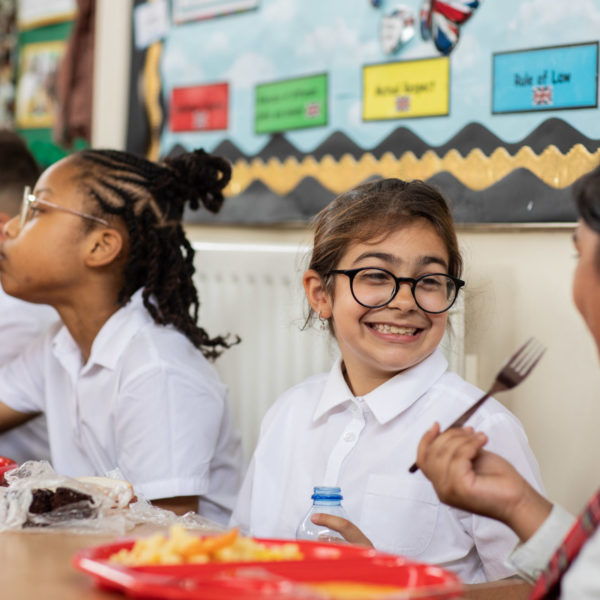Shenley Fields is a daycare and nursery school with 189 children on roll aged between 0 and 5 years old.
The nursery has been working with the UK Committee for UNICEF (UNICEF UK) since 2017, reaching Silver in 2019. After a successful Gold virtual assessment in January 2021 Shenley Fields became one of only five early years settings in the UK to have achieved Gold status (as of May 2021).
RRSA lead Sallyanne Bromely spoke about the work that has taken place to reach Gold.
How did you become involved with UNICEF UK Rights Respecting Schools?
Sallyanne: Five years ago, our headteacher asked if I would go to a training session. We are lucky in Birmingham that the local authority provides free training to become a Rights Respecting School. There were lots of schools attending the training and we were the only nursey school on that training course, so at first it was tricky to see how it would work.
But back at Shenley Fields I delivered two training day sessions to staff and the impact of delivering that training was incredible – everyone was so onboard! And from there the journey has gone from strength to strength.
What has been the impact of becoming a Gold: Rights Respecting School for Shenley Fields?
Sallyanne: The achievement side of getting to Gold has been a highlight for everyone as there are only five other nurseries in the UK who have achieved Gold. But because RRSA is so embedded in everything we do, we did not have to do anything amazing to pull it out of the bag for our assessment.
We are planning to have a big celebration day and have been in touch with Birmingham Press so that we can really share this great achievement widely. Going through a pandemic and being a Rights Respecting School has given us the tools to support children. More than ever going through this pandemic and having children’s rights has been powerful.
The achievement side of getting to Gold has been a highlight for everyone as there are only five other nurseys in the UK who have achieved Gold. But because RRSA is so embedded in everything we do, we did not have to do anything amazing to pull it out of the bag for our assessment.
What has been the difference for Shenley Fields between Silver and Gold?
Sallyanne: I think how embedded it has become. If you talk to our children, they will naturally talk to you about their rights – not every single child but there is a large group who can – and these are two and three year olds! It is massive that two to three year olds will talk to their parents about their rights. There has been a huge impact on behaviour and wellbeing too because they know what their rights are and can talk about them.
What challenges have you faced in putting the Award in place in your setting and how did you overcome them?
Sallyanne: A lot of UNICEF UK Rights Respecting Schools resources are pitched at primary and secondary school, rather than early years. But we have skilful practitioners that can adapt most resources or ideas to very young children.
For example, we have a baby room for children from three months old and we look at how can you teach babies about their rights in there. In our baby room it is very evident that we are Rights Respecting. We use Rights Respecting language, incorporate songs about their rights – like their right to a name – and incorporate very gently through displays and age appropriate activities, so when babies move into our two to three year old room they have heard that rights respecting language for a long time and they begin to understand what that means in the older rooms.
The difference for us from other settings was that when we started we needed to work out how we were going to deliver to very young children and that is what we would like to help other early years settings with.
We have noticed a real difference in behaviour as children understand their rights. The children have formed positive relationships with adults and their peers. The children learn about their rights and are empowered because they are rights holders.
What difference is made for children by Shenley Fields being a Rights Respecting School?
Sallyanne: We have noticed a real difference in behaviour as children understand their rights. The children have formed positive relationships with adults and their peers. The children learn about their rights and are empowered because they are rights holders.
We have developed a lot of charters with children. We have found these have been a brilliant tool and we use them every day. We have a whole school charter and charters in rooms for different areas of the provision – outdoor play, bathroom, dining room – these charters are developed between children as rights holders and adults as duty bearers.
I think the impact of that is huge, because they have ownership and so they have empowered the children and we see a real difference in children’s behaviour. For example, when they talk to each other you might hear children to say they have “the right to be safe” or “use your kind hands.”
What advice would you give to other early years settings working towards the Award?
Sallyanne: When I look back the most powerful thing was delivering training to staff and getting the whole staff team on board and really understanding what being a Rights Respecting School is.
Include everyone in school in your action plan. The Rights Respecting Lead cannot just sit in an office and say, “This is what we are going to do.” You must empower your team and make them feel that they have contributed. When they feel they have contributed they will feel ‘onboard’ with the work. Delegate out, get them involved. Make people take ownership of parts of the action plan and when they have ownership, they can take pride in the achievement.
Your Rights Respecting work is a journey, it is not something that happens overnight. At Shenley Fields we have been taking part in this for five years and it is something you need to get everyone involved with – your parents, children and staff team. It takes a long time to become really embedded.
It is such a worthwhile journey because of the impact on children, staff and parents – so keep on at it!






